Parenting A Child With ODD (Oppositional Defiant Disorder)
Behavioral Collective Podcast
MARCH 7, 2023
Based on her experience as a mother and behavioral health practitioner, she authored the incredibly insightful and evidence-based book The Parent’s Guide to Oppositional Defiant Disorder (2020). There really are takeaways relating to any child, and not just for those who are parenting a child with ODD.

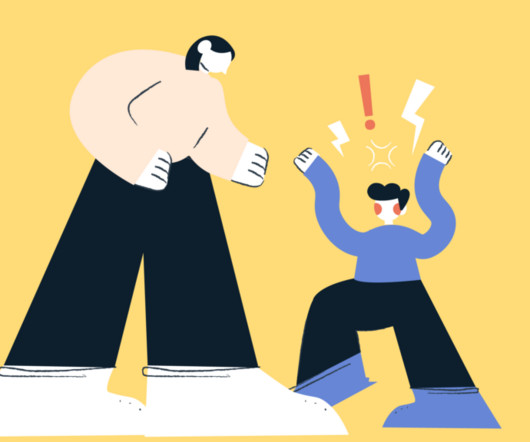
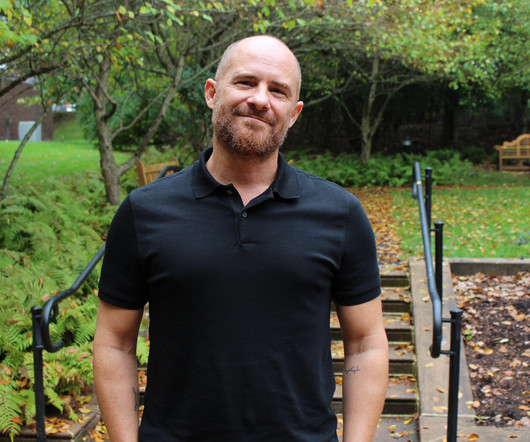
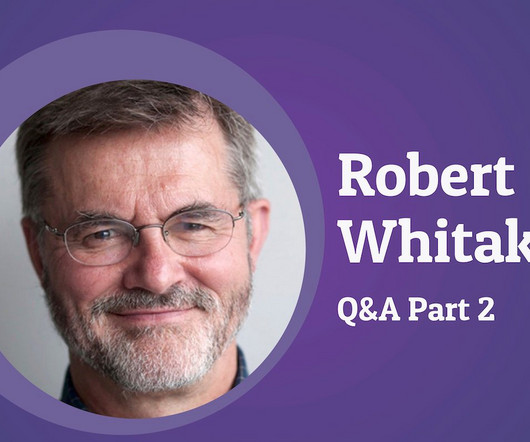
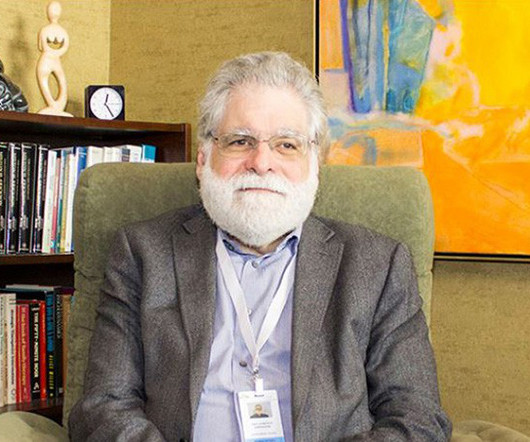
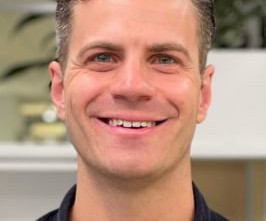






Let's personalize your content